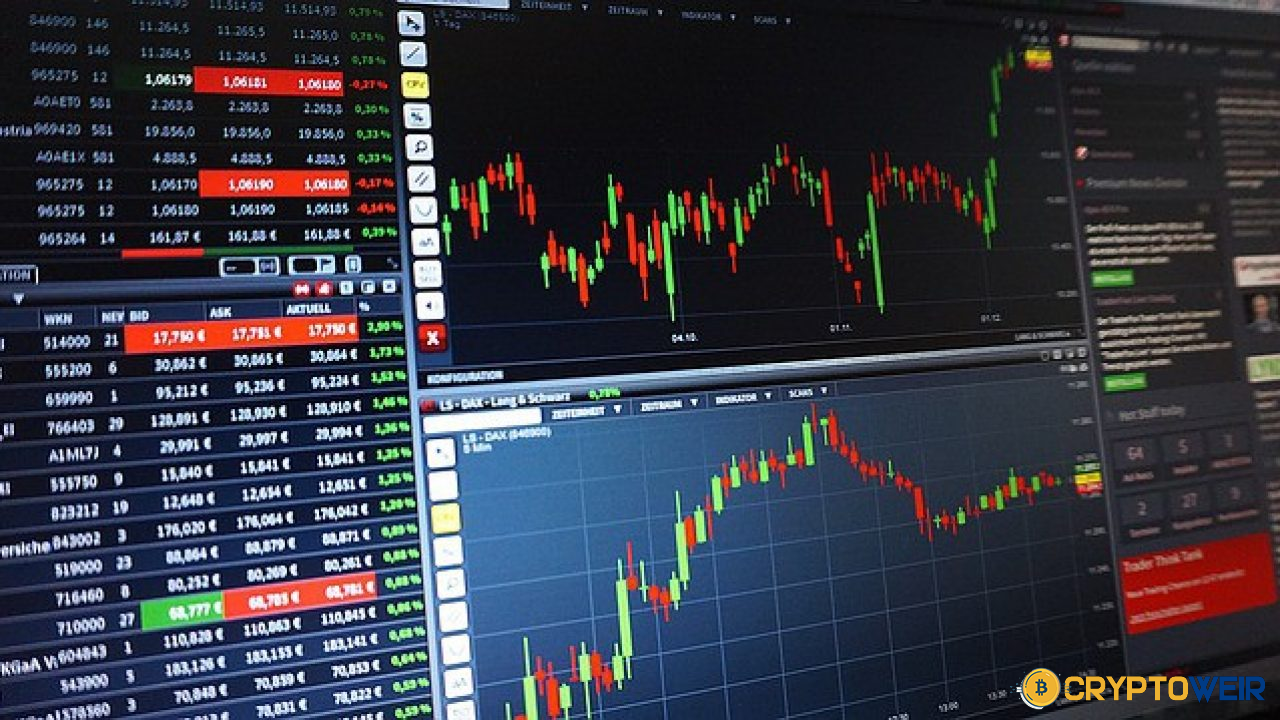Is Bitcoin Safe To Use?

We could then inquire as to whether it is secure to utilise the US dollar. As with any other kind of money, there are particular concerns that Bitcoin users should be aware of in order to keep their money as secure as possible. Changes in the price of bitcoin are among them.
Is using Bitcoin secure? Can you place your money in a decentralised computer network?
Most people still think about Bitcoin as a mystical pandora’s box filled with thieves, fraudsters, terrorists, and other bad individuals.
However, outside of mythology and fiction, such claims are wholly untrue and deceptive. The Bitcoin network is constantly being developed by thousands of programmers, many of whom work on it for free in their own time because it is an open-source community initiative that promotes individual freedom and financial inclusion. Although it is not yet flawless, it improves daily.
Is it safe to use Bitcoin? The answer is yes, but it also depends on how effectively you can control your security.
Is it safe to use Bitcoin?
When used and stored properly, Bitcoin has demonstrated throughout the course of its ten-year history that it is a trustworthy financial tool for keeping wealth, safe borderless peer-to-peer transfers, and accessibility.
The Bitcoin system is robust enough to withstand even the most sophisticated attacks, and the majority of the bad press around Bitcoin hacks is attributable to third-party service providers like centralised exchanges, wallet developers, or improper management of private keys.
Of course, just as with any other kind of money, there are several things Bitcoin users need to be aware of if they wish to safeguard their wealth. Volatility in the price of Bitcoin, safe bitcoin storage, using dubious third-party services, and cybersecurity dangers like hacking are a few of these.
We might raise a similar issue at the same time.
As a result, using Bitcoin is secure, especially if you’re ready to accept personal responsibility for safeguarding your money. Additionally, learning how to use the technology takes time and effort because it is still in the development stage.
So, how do you manage your Bitcoins securely?
How can you protect your Bitcoin?
Storing Bitcoins
Trezor and Ledger make safe hardware wallets for bitcoin.
Exchanging and spending
It’s crucial to select the most dependable and trustworthy providers while using or exchanging your Bitcoins. If you use a conventional bank card to commit fraud, laws and regulations may be able to help you recoup your losses. Such protection has not yet arrived for Bitcoin. Additionally, keep in mind that Bitcoin payments are irrevocable; once you make a payment, the money is gone. If you make a mistake, such as paying USD 222.2 instead of USD 22.22 or sending Bitcoins to the incorrect address, your only recourse is to hope that the recipient will be gracious enough to return your money.
Anonymity issues
You might be aware of the anonymity that Bitcoin users experience. It’s just partially true, though. On the network, everyone can follow any wallet and its contents, but they cannot determine who the wallet’s owner is. Transactions and bitcoin wallets are unrelated to identities or personal information. However, there are other approaches of determining the owner’s identity. For instance, you might have to provide your identity in order to register on a cryptocurrency exchange. In this manner, it will be possible to link each of your exchange transactions back to your wallet. However, there are additional privacy options, such as the TOR browser, if you require further anonymity. Along with other cryptocurrencies like Dash, Monero, and Zcash that have built-in privacy and anonymity capabilities, there are other Bitcoin wallets that prioritise privacy.
Hacking
Since the technology is still being developed, other Bitcoin risks are somewhat difficult to control, but it is still important to be aware of them and stay up to date with news.
A 51% attack on the Bitcoin blockchain is one potential risk. Theoretically, numerous recent transactions might be reversed if a group of Bitcoin miners held 51% or more of the hashing power powering the Bitcoin network.
In 2014, the mining pool Ghash.io actually had a brief period where it was just a few percent away from controlling 51% of the entire Bitcoin network. The pool’s influence and share then declined as a result of some members leaving on their own volition. However, according to Bitcoin specialists, a “51% attack” is unlikely because it would be more expensive than it would be worth.
Regulations
Regulations are a crucial matter to pay attention to. A growing number of nations are anticipated to begin passing rules governing Bitcoin, which may have an impact on the currency’s ability to be purchased and spent as well as its legal and tax ramifications. New regulations may give Bitcoin users additional rights, protection, and clarity in addition to the existing rules.
Check out these five recommendations for Bitcoin security in addition to the measures. You are likely to use Bitcoin in the safest and most secure way if you abide by the most popular security guidelines.
After all, Bitcoin itself is the most secure payment system ever created. However, there are third-party services, and people don’t take enough precautions to keep themselves safe. Be careful!






4 Comments